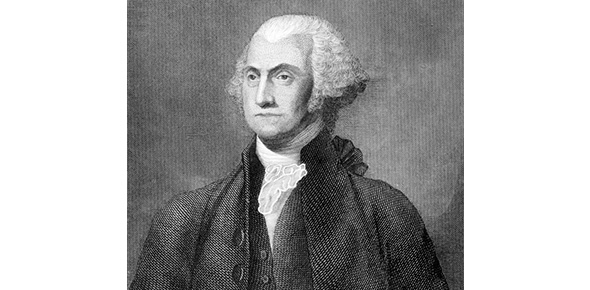Related Flashcards
Related Topics
Cards In This Set
| Front | Back |
|
Socialism
|
An
economic theory favoring total or partial public control of the economy; at the
left end of the political spectrum
|
|
Bourgeoisie
|
Class
that owns the means of production
|
|
Proletariat
|
Lack
means of production and must sell their labor to survive
|
|
Marxian
|
Karl Marx’s actual ideas
|
|
Marxist
|
Ideas
espoused in Karl Marx’s name, not necessary his actual ideas
|
|
Utopian
socialism
|
Independent
colonies existing in relative isolation; no world wide emphasis on revolution
or political action; believed that all of society would voluntarily join the
movement after they observed how it operated
|
|
Henri
de Saint-Simon
|
History a conflict between productive and unproductive
classes, Utopian Socialist
|
|
Robert
Owen
|
Utopian
socialist- US adventurer
|
|
Charles
Fourier
|
Utopian socialist, influenced Marx
|
|
Scientific
socialism
|
Marx’s idea of socialism, strongly influenced by Hegel,
Smith, Ricardo, Rousseau, and Feurbach
|
|
George
Wilhelm Friedrich Hegel
|
His
dialectical method and historical orientation greatly influenced Marx
|
|
Adam
Smith and David Ricardo
|
(2) influenced Marx with their classical political economy
|
|
Jean-Jacques
Rousseau
|
French socialist and sociological thought; influenced Marx
|
|
Ludwig
Feuerbach
|
A
Left Hegelian who argues that Hegel, by portraying humanity as a manifestion of
“Spirit” denies humans real, material, sensuous existence (influenced Marx)
|
|
Marx’s
myths about capitalism
|
1)
the spread of capitalism means the spread of freedom; 2) Everyone has equal
opportunity under capitalism; 3) Privatizing services makes them more
responsive
|




